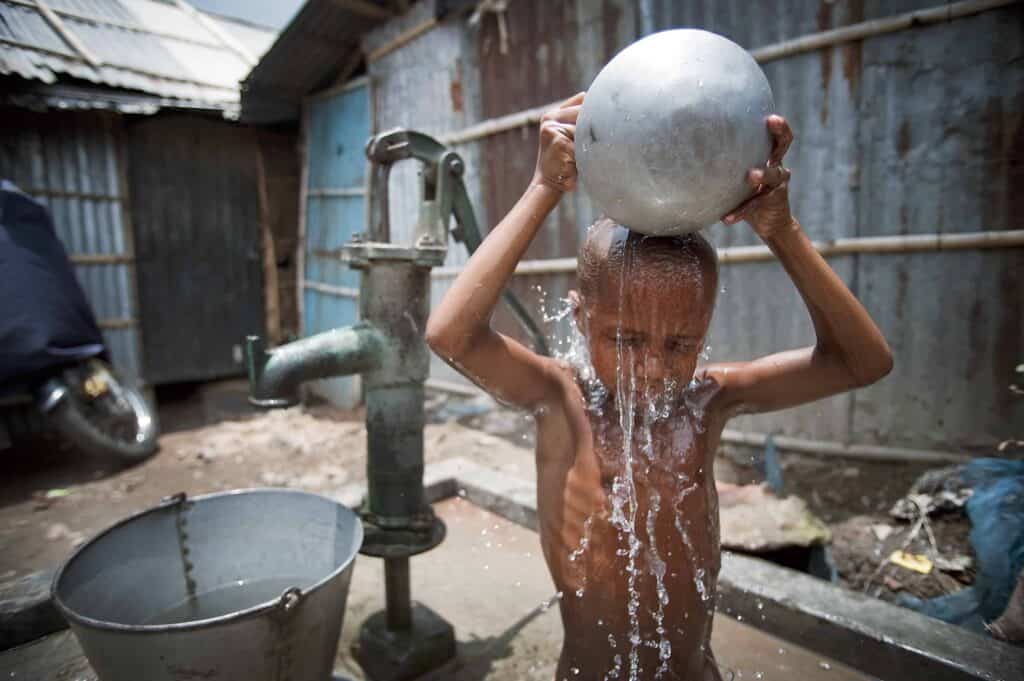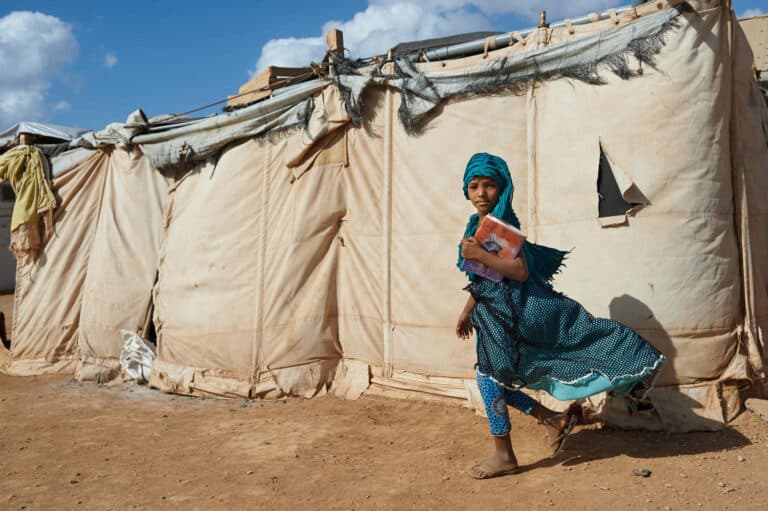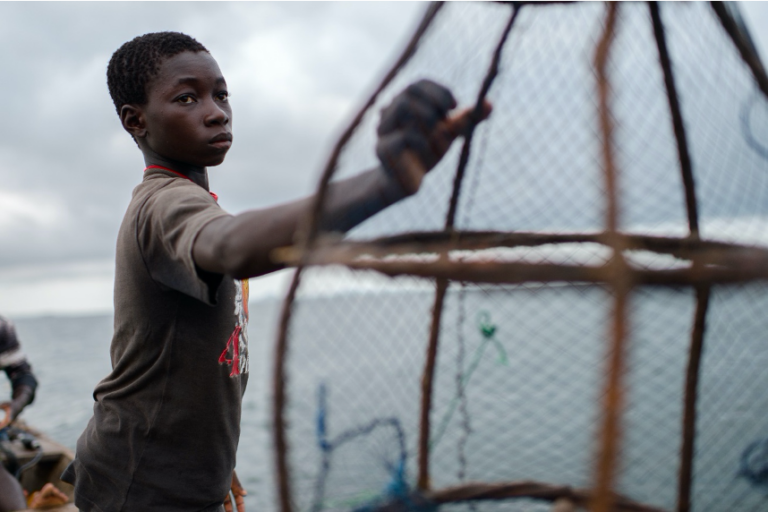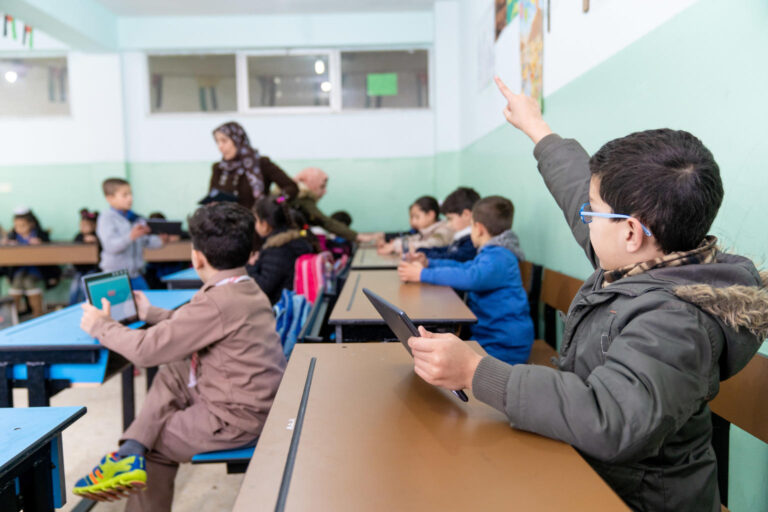Only seven years left in the race towards the 2030 Sustainable Development Goals, the world is not on track to achieve universal access to water, sanitation and hygiene (WASH) services. Children are uniquely vulnerable to water insecurity. It threatens their health, survival, education and well-being.
Without safe water and sanitation, water-borne diseases proliferate. Every day, over 1,000 children under 5 years of age die from diseases caused by unsafe WASH. When children get sick with diarrhoeal diseases, they are unable to absorb the nutrients they need to grow, exacerbating malnutrition.
Without safe water and sanitation, children miss out on an education. Children, especially girls, are forced to walk long distances to collect water, causing them to miss school. Students are more likely to fall ill. Girls may skip school during their periods if separate hygiene and sanitation facilities are not available.
Without safe water and sanitation, tensions escalate, and displacement grows. In areas of protracted crises, children are 20 times more likely to die from diarrhoeal disease linked to unsafe water and sanitation than from violence.
The world is at a tipping point. By 2030, half of the global population is expected to be living in water-stressed conditions. Having access to accurate and up-to-date data on water resources is critical for policy-making and progress towards sustainable management of this essential resource. By leveraging the power of data, we can make informed decisions and take appropriate measures towards a more sustainable future where every child has access to clean and safe water.
Read UNICEF’s latest analysis on water-related crises



